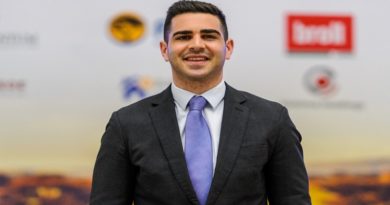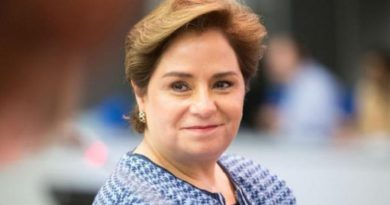Experts to address key tensions, opportunities arising from implementing SDG’s in Africa
Researchers, scientists, practitioners and policy makers are coming together to explore how to address key tensions and opportunities arising from implementing the UN Sustainable Development Goals in Africa; (9-11 May, Port Elizabeth).
A three-day conference The Seedbeds of Transformation will bring together innovators from research, government, industry, NGOs and the media to explore the tensions and opportunities around implementing the United Nations Sustainable Development Goals (SDGs) in Africa. The meeting will draw on experts from across the continent.
“Seedbeds of Transformation: The Role of Science with Society and the Sustainable Development Goals (SDGs) in Africa” is hosted by Future Earth, the South African Government Department of Science and Technology, the National Research Foundation of South Africa, and START. It will take place from 9 to 11 May 2018 in Port Elizabeth, South Africa at the Boardwalk Hotel.
Africa has made significant social progress in recent years, from enrolling children in primary schools to reducing the rate of maternal deaths and the proportion of people living in poverty. The number and diversity of African initiatives dedicated to addressing global change and sustainability challenges has also increased.
But there are huge challenges in implementing the SDGs. There are problems in tracking the SDGs due to lack of data. There are tensions and trade-offs between various SDGs – for example whether to promote water conservation or food production – and there are criticisms that the SDG framework itself is top-down and in some cases unsuitable for various African contexts.
The conference will examine different practices and approaches to working with these tensions and dilemmas from an African perspective, and enhance dialogue and openness about the challenges of working with, and implementing, the SDGs. The focus of the conference includes ocean health, ecosystem change, sustainable cities and the impact digitalisation.
The conference will engage scholars, practitioners, and policy experts from across Africa to share information, ideas, and products that showcase innovative efforts.
Speakers from across the world including Amy Luers, Executive Director of Future Earth, former Obama and Google executive; Belay Begashaw, Director General to the Sustainable Development Goals Centre for Africa; Bob Scholes, Distinguished Professor, Global Change and Sustainability Research Institute, Witwatersrand University and Bernard Slippers, Director of the Forestry and Agricultural Biotechnology Institute, University of Pretoria among others have been lined up for the conference.
Examples of projects to be presented at the conference include: Breaking down bureaucracy: When sustainable development in Africa is hampered by fragmented planning and bureaucratic decision-making processes, “decision-theatres” offer an alternative. A decision-theatre can engage researchers and leaders in visualizing solutions to complex problems using the latest expertise in collaborative, computing and display technologies. The project Establishing a road-map for Africa’s first Decision-Theatres (South Africa), led by Luanita Snyman-van der Walt at Council for Scientific and Industrial Research, aims at introducing decision theatres based on international best practice to the African context.
Dealing with plastic: Plastic waste is a growing problem in Kenya and not least so on the beaches of Mombasa. In the project Not in my ocean. Reducing marine debris in a coastal city (Kenya) David Obura from CORDIO East Africa is leading a broad team of researchers and local stakeholders in dialogues and workshops about how to reduce debris.
Talking trees: The project Baobab talker (Tanzania) aims at protecting the iconic, culturally important Baobab trees, the places where elders used to meet to resolve problems. The solution is a combination of maker space and dialogue: to monitor trees’ environment (making them “talk”) by fitting them with low-cost sensors on a Raspberry Pi/Arduino network, and engaging village leaders and local schools. Run by Karoli Njau from Nelson Mandela African Institution of Science and Technology, Tanzania, and a team of local village leaders and international researchers.




